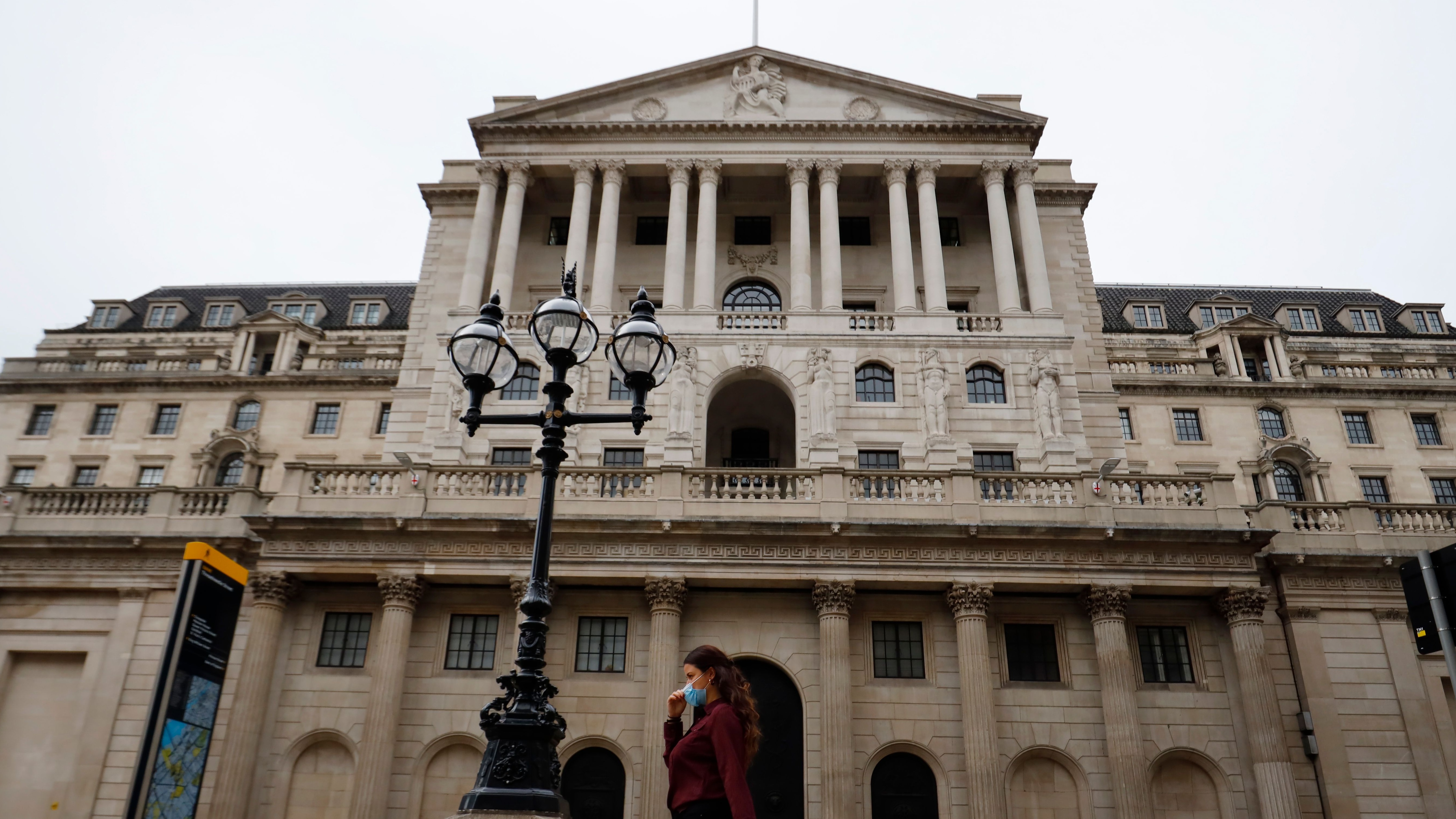Explained: Bank of England predicts V-shaped economic recovery
Britain rebounding ‘sooner and faster’ than expected - but unemployment poses threat

A free daily email with the biggest news stories of the day – and the best features from TheWeek.com
You are now subscribed
Your newsletter sign-up was successful
The UK economy is on track for a faster recovery from the coronavirus crisis than previous predictions suggested, the Bank of England’s chief economist has said.
“Issuing an upbeat assessment”, Andy Haldane said there were signs of a V-shaped economic recovery - when “growth rapidly snaps back from a steep downturn in activity”, says The Guardian.
Data on payments, traffic flow, energy use and business surveys suggested that “the recovery has come somewhat sooner, and has been materially faster” than was forecast in May, Haldane said during a Bank webinar on Tuesday.
The Week
Escape your echo chamber. Get the facts behind the news, plus analysis from multiple perspectives.

Sign up for The Week's Free Newsletters
From our morning news briefing to a weekly Good News Newsletter, get the best of The Week delivered directly to your inbox.
From our morning news briefing to a weekly Good News Newsletter, get the best of The Week delivered directly to your inbox.
“Policymakers and economists have grown increasingly gloomy in the past few months”, warning of “a slow U-shaped recovery, a ‘W’ caused by a second rise in cases, or even an ‘L’, where the recession is prolonged”, The Times reports.
But Haldane said that while it was “early days”, his “reading of the evidence is so far, so V”.
“Both the UK and the global economies are already well into the recovery phase,” he continued. “The UK’s recovery is more than two months old.”
–––––––––––––––––––––––––––––––For a round-up of the most important stories from around the world - and a concise, refreshing and balanced take on the week’s news agenda - try The Week magazine. Start your trial subscription today –––––––––––––––––––––––––––––––
A free daily email with the biggest news stories of the day – and the best features from TheWeek.com
However, the BoE expert “emphasised that the economy was still facing an unprecedented collapse and that a steep rise in unemployment posed a threat to a swift rebound”, says the newspaper.
Either consumer spending would ease unemployment or unemployment would cut household spending, Haldane added.
As the BBC notes, both scenarios “create virtuous or vicious cycles”, but Haldane “said that he could not tell which one would prevail” as yet.
The economy is currently “benefiting from robust strength in consumer spending”, boosted by workers working from home or receiving the government’s furlough payments, the broadcaster adds.
But Haldane said that “as the furlough scheme tapers from August”, there would be “a risk this greater number of furloughed workers are not hired back by employers, adding to the unemployment pool”.